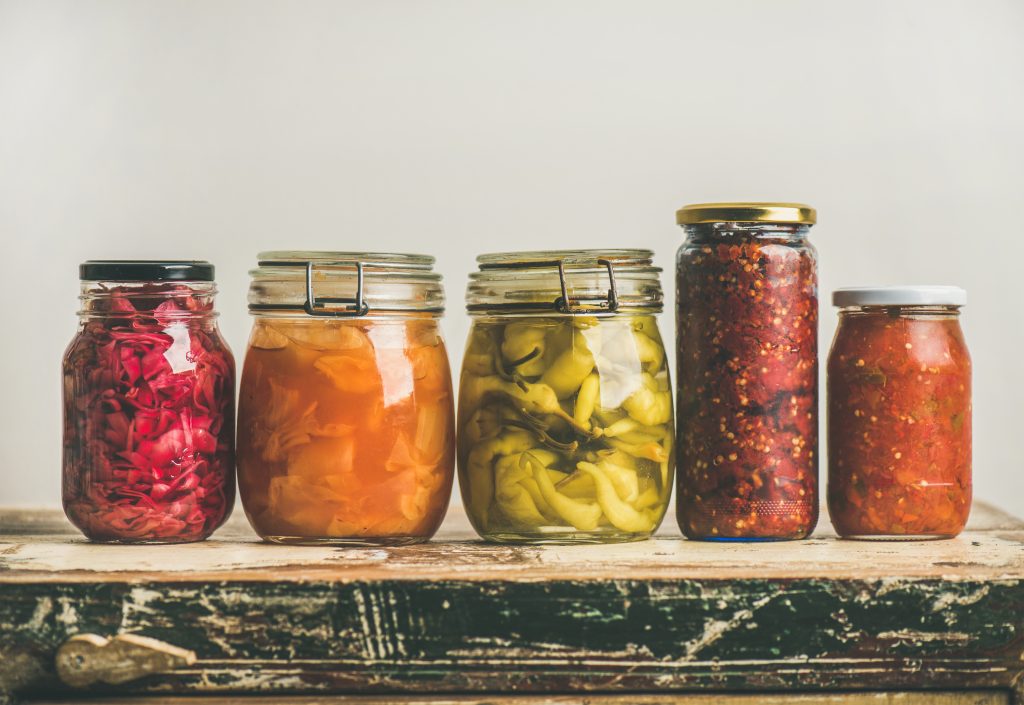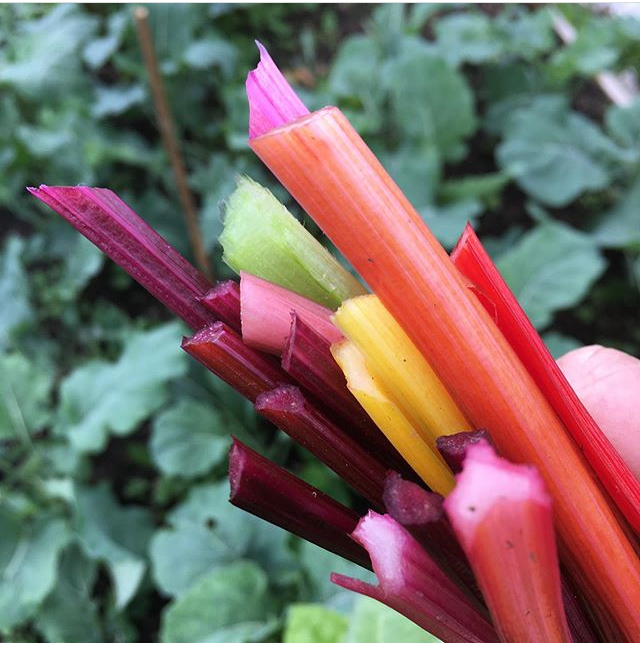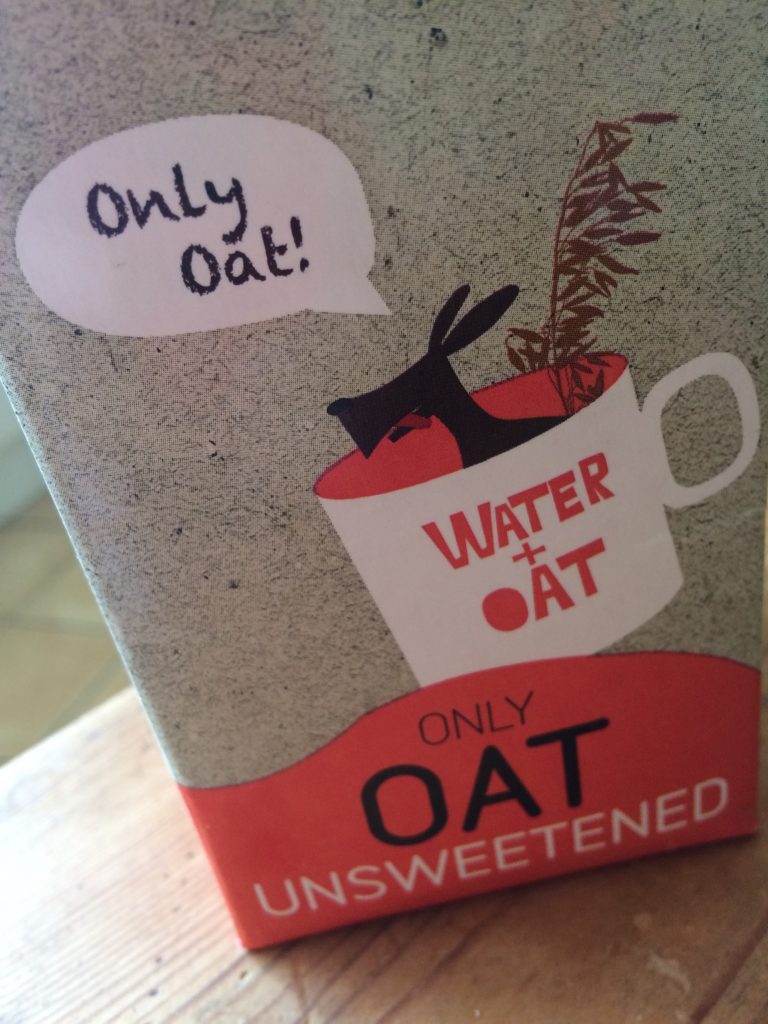Do you want to learn something shocking?
Meat, egg and dairy production use up 83% of the world’s farmland, are responsible for 58% of the world’s agricultural greenhouse gas emissions, but provide just 18% of the world’s calorie intake and 37% of the world’s protein intake. (See the landmark Oxford Report of 2018 below).
The Oxford Report concluded that probably the single most effective step we can take as individuals to lower our carbon footprint and reduce our environmental impact, is to choose a plant-based diet. A vegan diet was found to have far better environmental benefits than trying to produce sustainable meat and dairy.
The idea that we should probably stop consuming animal products and turn to plants, may be unwelcome news for some. But as the Coronavirus crisis has demonstrated, we are able to make sudden and dramatic changes in our behaviour when the circumstances call for it.
Whilst recognising that people may not want to choose a fully plant-based diet, our aim is to help and encourage people to go as far as they can towards sustainable eating: meat-free Monday or Veganuary ia a good start!
Choosing plant-based meals has never been easier. Not only has research proved that humans can get all the protein, vitamins and other nutrients they need from this way of eating, there is growing evidence that plant based diets can reduce the risk of developing those three big human killers – heart disease, diabetes, and certain cancers.
Growing your own food has become increasingly popular, and this is something we aim to support – sharing skills and encouraging methods that preserve and enrich our soil and benefit local wildlife and biodiversity. Sustainable seeds can be bought locally from Chalford village shop. If we don’t grow our own there is also the option of buying local organic produce from the village shop.
The Oxford Report can be read here. Researchers looked the effect of the 40 foods that make up 90% of all food eaten worldwide, and analysed the impact of each food type on climate changing emissions, water pollution and air pollution. To find out how to cut your diet’s carbon footprint have a read of this article.
When government regulations permit, ChalCAN is planning demonstrations and classes in vegetarian and vegan cookery.
If you’d like to ask questions about this or help us with this issue contact us at info@chalcan.org.uk



